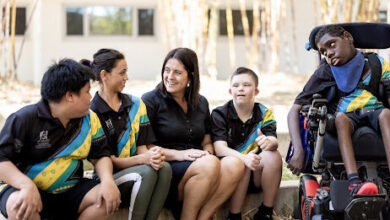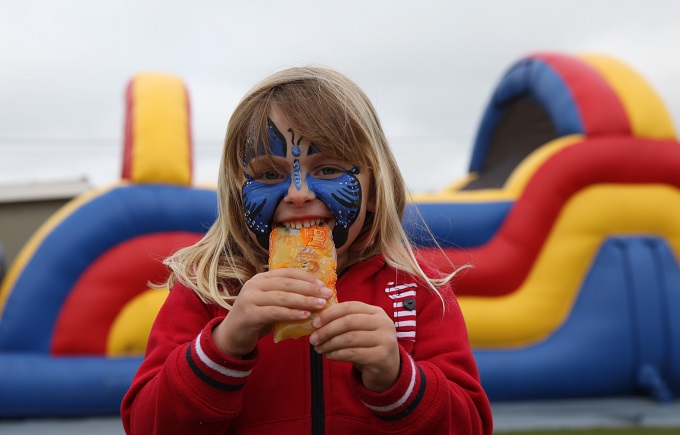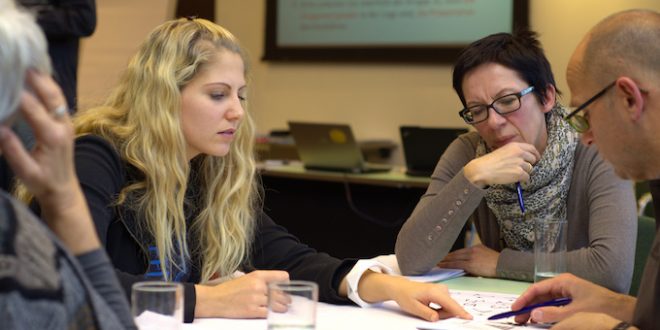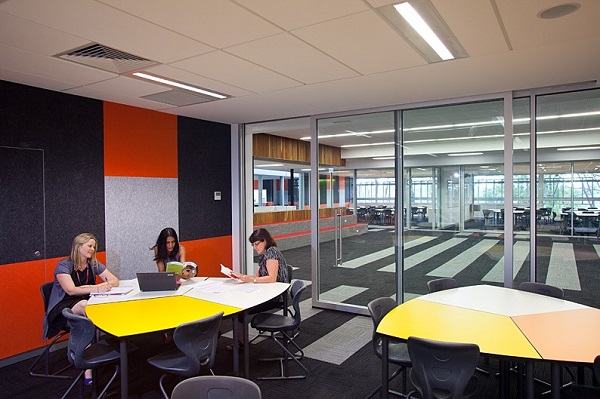Life skills centre stage with school performances
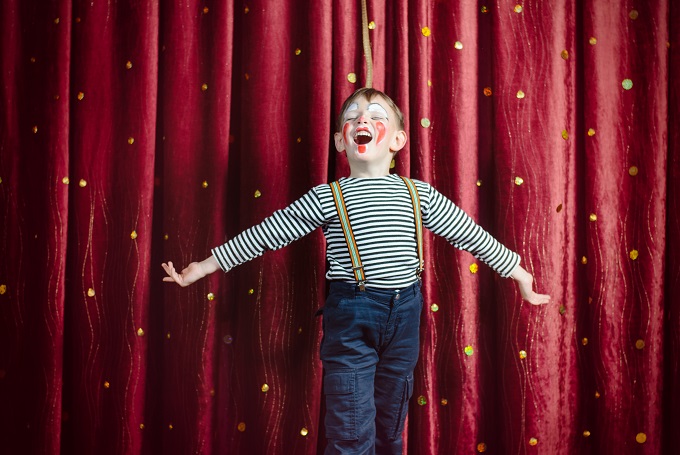
Staging a school drama production may seem a daunting task but, according to Warren Flanagan of Northmead Creative and Performing Arts High School, it’s a task well-worth the benefits to students, teachers, and the wider school community.
School News caught up with Mr Flanagan to demystify the process and help equip teachers for taking on a student cast.
This interview appears in-full in the latest issue of School News. Make sure your school’s subscribed to receive the print edition.
Suzy Barry: What are the legal considerations for putting on a musical? Copyright for songs and plays and what about if students write the play?
Warren Flanagan: Necessary rights vary in cost.
If students write their own material they have to make sure their work is original and does not plagiarise other works, this also includes using iconic characters or branding, such as Mickey Mouse, as you have to seek approval for the use.
However, you can create adaptations from stories for example creating a modern adaptation of a Shakespearean play as plays by Shakespeare, Wilde and many other pre-twentieth century plays can be performed freely without obtaining a licence.
You don’t need a licence if your production will be performed only for students and staff as part of your usual school activities, within school hours and no outside guests will be present.
You do need a licence if the production will be public. That means anyone who is not a current student or staff member at the school will be present (whether or not they have to pay for a ticket) or the performance will take place outside of normal school hours.
Almost every song, musical or play which is performed in public is subject to the payment of royalties and this includes excerpts, except in cases where copyright because the period of protection has expired (70 years after the artist’s death).
You can use songs in your devised play however you still need to seek approval and buy the licencing rights to have the songs played during your production. APRA AMCOS New Zealand provides information on licensing rights for music. However, students can write their own musical score as there is no licensing rights for originality.
My advice is to do both (scripted and devised) for experience as you learn new things along the way. Producing a play or musical is never the same as there are always challenges to face. The remarkable thing about producing a student devised work is the satisfaction of witnessing a student’s creative production coming to life on stage.
(The Ministry of Education provides guidelines for schools: https://www.tki.org.nz/Copyright-in-schools/Guidelines-for-schools)
SB: How does costume provision work these days – not so many stay at home parents to sew on sequins and ruffles?
WF: Sourcing costumes from OP shops, and sites like eBay are the best, as you find things that save you time. Getting in contact with local theatre groups and schools that may have a costume wardrobe they are willing to lend, rent, or in some cases, donate. Seek, ask and you shall receive.
Advertise within your school community for a group to help out with costuming. You’ll be surprised how many parents or grand-parents will be interested to attend, bringing an array of creative skills.
SB: What sort of AV equipment is required for a school to put on quality performances? Is it just a PA? What about lighting?
WF: For a quality performance, I would seek out equipment to mic the stage properly for effective audio projection. This may require an assessment of the performance space and venue making sure the audio equipment would satisfy the acoustics and there is a clear balance for the performers as well as audience. Hiring equipment for audio can be costly, however some companies are willing to negotiate to give you the best.
I believe lighting is very important as it creates the ambience and atmosphere with in a production. Once again lighting hire companies are willing to help, patching in lights with special effects and will even demonstrate how to operate and cue lights into the lighting desk. Visual projections are a great way to utilise the stage to add to a set creating depth or even create a minimalist effect.
Overall you can hire an operator for lighting and sound. Try and provide students with the opportunity to learn new skills in production elements such as lighting and audio systems.
This is an excerpt. The full interview appears in this term’s issue of School News.
Supplier insights…
|
|




